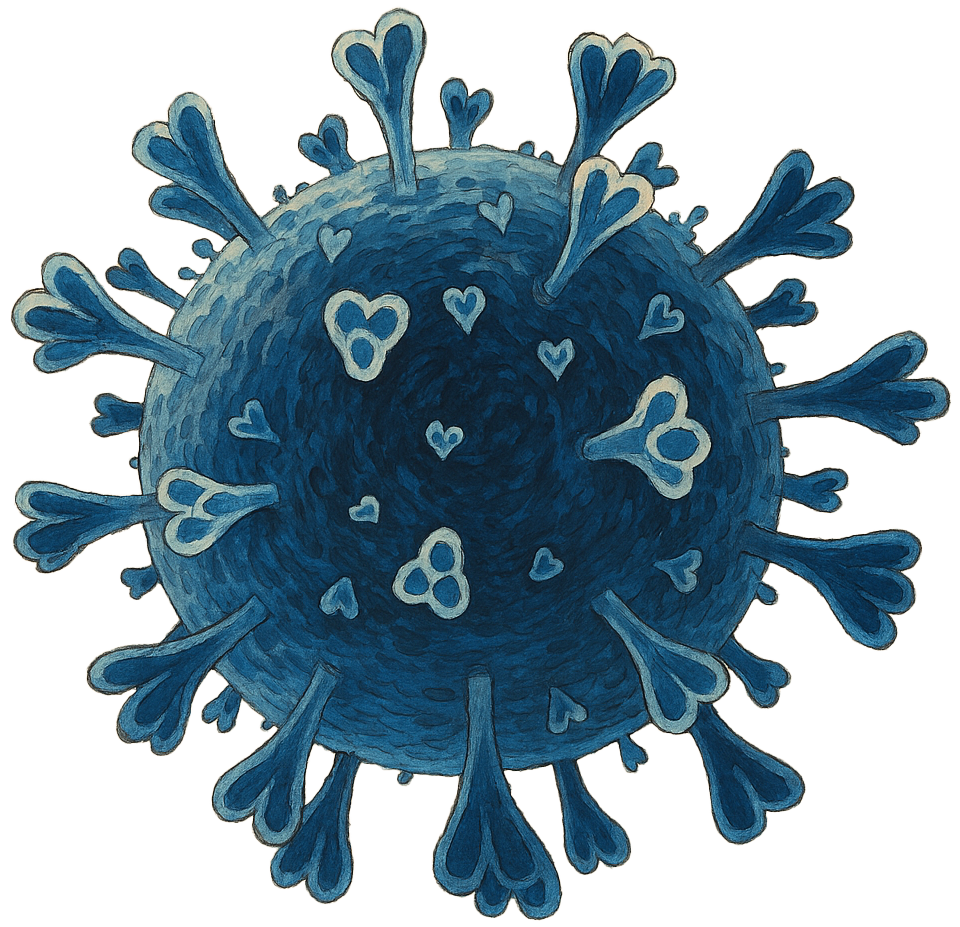MAS825 for COVID-19

COVID-19 involves the interplay of over 100 viral and host proteins and factors providing many therapeutic targets.
Scientists have proposed over 9,000 potential treatments.
c19early.org analyzes
140+ treatments.
, Efficacy and safety of MAS825 (anti-IL-1β/IL-18) in COVID-19 patients with pneumonia and impaired respiratory function, Clinical and Experimental Immunology, doi:10.1093/cei/uxad065
Abstract MAS825, a bispecific IL-1β/IL-18 monoclonal antibody, could improve clinical outcomes in COVID-19 pneumonia by reducing inflammasome-mediated inflammation. Hospitalized non-ventilated patients with COVID-19 pneumonia (n = 138) were randomized (1:1) to receive MAS825 (10 mg/kg single i.v.) or placebo in addition to standard of care (SoC). The primary endpoint was the composite Acute Physiology and Chronic Health Evaluation II (APACHE II) score on Day 15 or on the day of discharge (whichever was earlier) with worst-case imputation for death. Other study endpoints included safety, C-reactive protein (CRP), SARS-CoV-2 presence, and inflammatory markers. On Day 15, the APACHE II score was 14.5 ± 1.87 and 13.5 ± 1.8 in the MAS825 and placebo groups, respectively (P = 0.33). MAS825 + SoC led to 33% relative reduction in intensive care unit (ICU) admissions, ~1 day reduction in ICU stay, reduction in mean duration of oxygen support (13.5 versus 14.3 days), and earlier clearance of virus on Day 15 versus placebo + SoC group. On Day 15, compared with placebo group, patients treated with MAS825 + SoC showed a 51% decrease in CRP levels, 42% lower IL-6 levels, 19% decrease in neutrophil levels, and 16% lower interferon-γ levels, indicative of IL-1β and IL-18 pathway engagement. MAS825 + SoC did not improve APACHE II score in hospitalized patients with severe COVID-19 pneumonia; however, it inhibited relevant clinical and inflammatory pathway biomarkers and resulted in faster virus clearance versus placebo + SoC. MAS825 used in conjunction with SoC was well tolerated. None of the adverse events (AEs) or serious AEs were treatment-related.
, Different drug approaches to COVID-19 treatment worldwide: an update of new drugs and drugs repositioning to fight against the novel coronavirus, Therapeutic Advances in Vaccines and Immunotherapy, doi:10.1177/25151355221144845
According to the World Health Organization (WHO), in the second half of 2022, there are about 606 million confirmed cases of COVID-19 and almost 6,500,000 deaths around the world. A pandemic was declared by the WHO in March 2020 when the new coronavirus spread around the world. The short time between the first cases in Wuhan and the declaration of a pandemic initiated the search for ways to stop the spread of severe acute respiratory syndrome coronavirus 2 (SARS-CoV-2) or to attempt to cure the disease COVID-19. More than ever, research groups are developing vaccines, drugs, and immunobiological compounds, and they are even trying to repurpose drugs in an increasing number of clinical trials. There are great expectations regarding the vaccine’s effectiveness for the prevention of COVID-19. However, producing sufficient doses of vaccines for the entire population and SARS-CoV-2 variants are challenges for pharmaceutical industries. On the contrary, efforts have been made to create different vaccines with different approaches so that they can be used by the entire population. Here, we summarize about 8162 clinical trials, showing a greater number of drug clinical trials in Europe and the United States and less clinical trials in low-income countries. Promising results about the use of new drugs and drug repositioning, monoclonal antibodies, convalescent plasma, and mesenchymal stem cells to control viral infection/replication or the hyper-inflammatory response to the new coronavirus bring hope to treat the disease.
Please send us corrections, updates, or comments.
c19early involves the extraction of 100,000+ datapoints from
thousands of papers. Community updates
help ensure high accuracy.
Treatments and other interventions are complementary.
All practical, effective, and safe
means should be used based on risk/benefit analysis.
No treatment or intervention is 100% available and effective for all current
and future variants.
We do not provide medical advice. Before taking any medication,
consult a qualified physician who can provide personalized advice and details
of risks and benefits based on your medical history and situation. IMA and WCH
provide treatment protocols.
Thanks for your feedback! Please search before submitting papers and note
that studies are listed under the date they were first available, which may be
the date of an earlier preprint.
